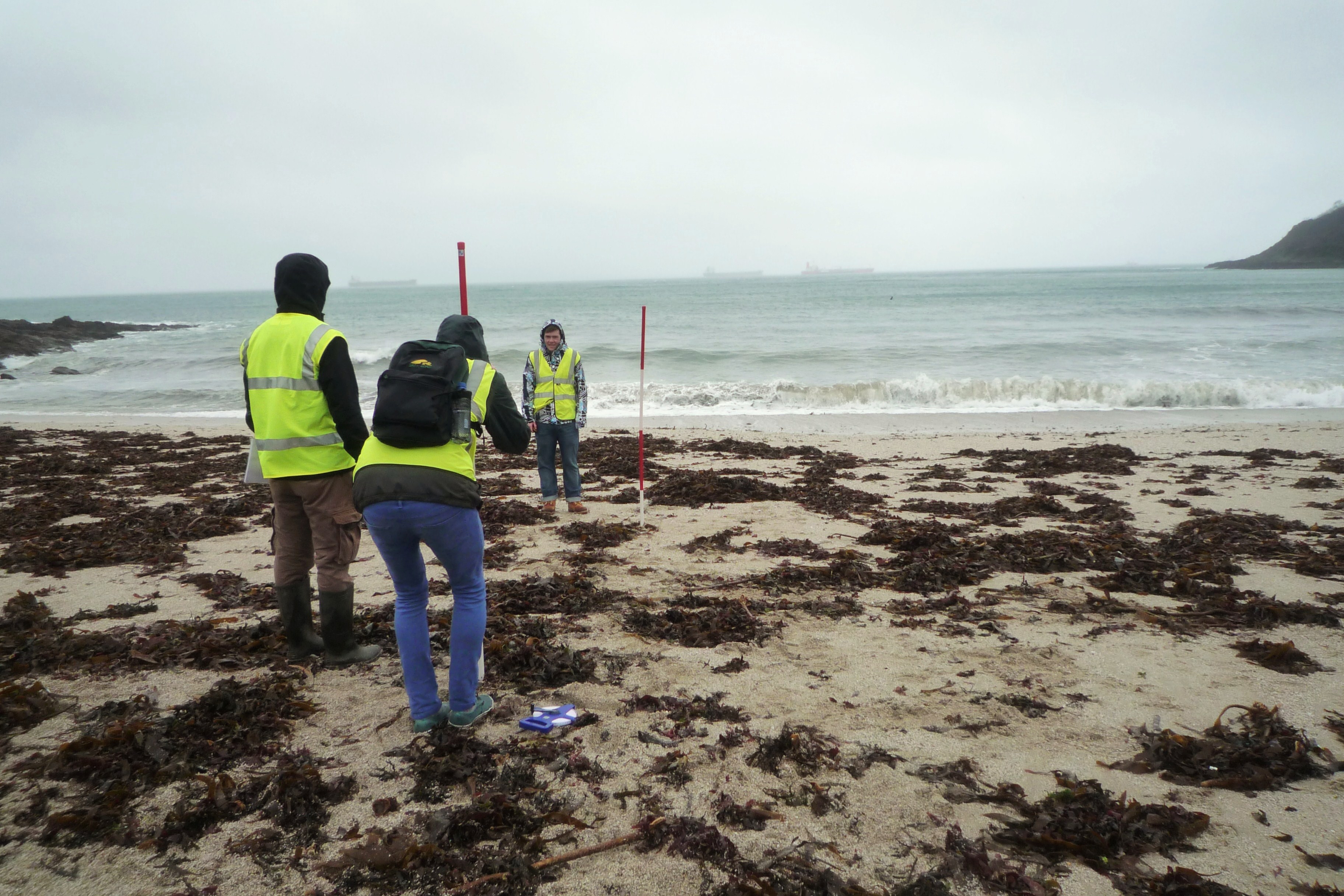
“My placement was invaluable, allowing me to explore the themes discussed within the Learning and Experience module, whilst learning more about the working environment…My personal highlight was the hands-on work with animals and rangers.” – Elen Stahl, BSc Geography, Second Year
The University of Exeter is ranked 7th in the latest Times and Sunday Times Good University Guide, and is in the top one percent of universities worldwide. Home to 21,273 students from 130 countries and a diverse range of backgrounds and cultures, the University combines world-class research with an unforgettable student experience at its Exeter and Cornwall campuses.
The University’s College of Life and Environmental Sciences (CLES) places practical learning and placement opportunities at the heart of its degrees. Whether it’s through fieldwork, internships or industry work placements, the College equips students with the experience needed to graduate and embark on exciting careers.
“Securing a placement at Land Partners, an independent land agency firm made up of chartered surveyors, rural property advisors and agronomists, has confirmed my decision for a career within property,” say Lucy Muir, a Second Year student of BA Geography at Exeter. “I was able to relate a huge amount of the work to aspects of my geography degree,” she adds, “as well as exploring the topics that we covered within the learning from experience module.

Image courtesy of the University of Exeter
“My personal highlight was going to confidential meetings in London to discuss development plans with solicitors and the council. I was so happy to be given the opportunity to work with Land Partners, and a bonus was being asked back to do more work for them,” she concludes. “I thoroughly enjoyed the work experience, such a great opportunity, and even better that it was part of a University module!”
With the CLES employability team organising a diverse and inspirational suite of career-building activities each year, Lucy is just one example of a student who realised their ambition and potential as a result of the opportunities available at Exeter. Last year, 10 events were run in the space of just one term, including a targeted CLES Teach First Employer Presentation, EY Interview Skills Workshops, and Careers Talks for Life and Environmental Science students, as well as a bespoke lecture series called ‘What next after my degree’ for each CLES discipline (Biosciences, Psychology, Sports and Heath Sciences, and Geography).
In previous years, a number of the nation’s most influential companies have been represented at these events – including World Rugby, the BBC, the NHS, the Met Office, Rolls Royce, ITV, South West Water, PwC, Teach First, and the Carbon Trust. “I highly recommend an internship at [Exeter] University” said Kerry O’Shea, Second Year student of Biological Sciences – Microbiology and Infectious Disease, “you learn much more in a few short weeks than in the set modules which are part of the module structure.”

image courtesy of the University of Exeter. Picture By James Ram.
Whilst collaborating with other Colleges to provide interdisciplinary options, the College of Life and Environmental Sciences has also invited a number of alumni to discuss their career-forming experiences with Exeter’s internship and graduate schemes.
The College introduced its paid Research Internship Scheme three years ago, offering students the invaluable chance to work beside a hosting academic for an enriching period of four to six weeks. “The placement does not feel like work when you love what you are doing every day, and are willing to go those extra miles for a project that you are passionate about” said Joanna L’Heureux, a fourth year BSc Medical Sciences with Professional Training student. This year, the College also plans to pilot a follow-on Industry Research placement option.
These innovative programmes are underpinned by cutting-edge research experience, personalised careers advice, and a world-class education. No wonder the majority of CLES students find employment or further study within six months of graduating: The University’s employability activities ensure that graduates are ready to take on the world.
Follow the University of Exeter on Facebook, Twitter, YouTube and LinkedIn







